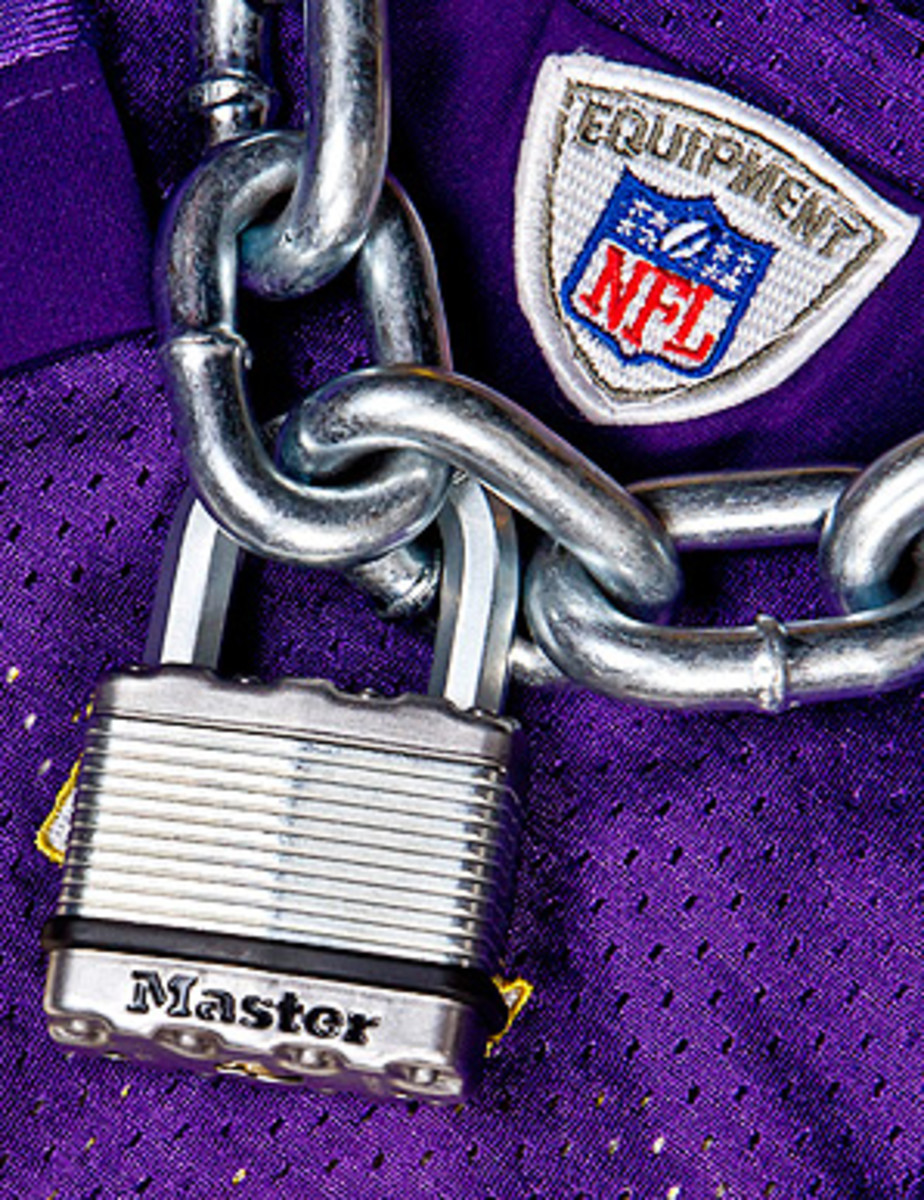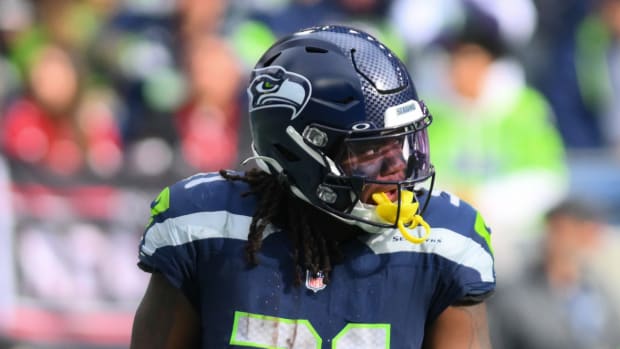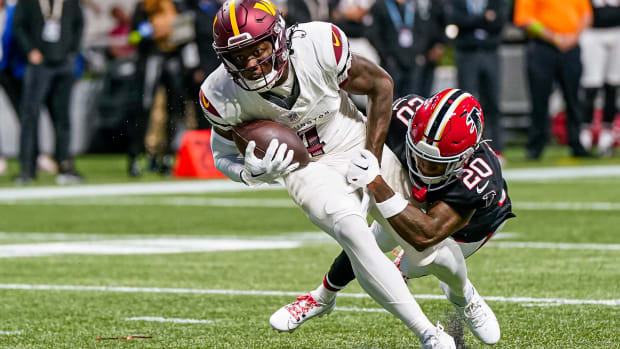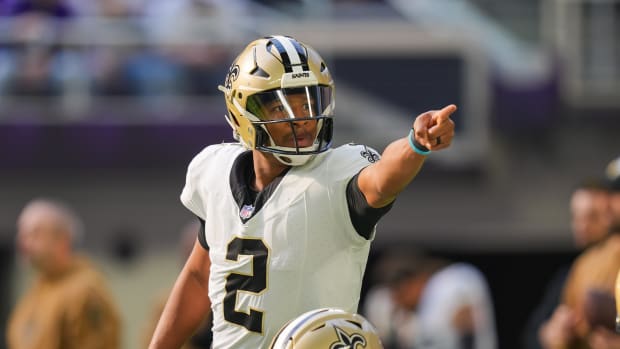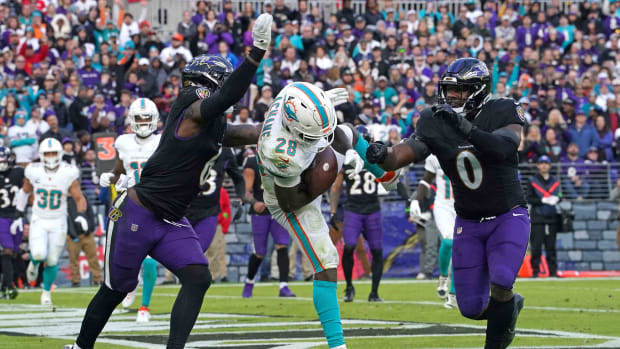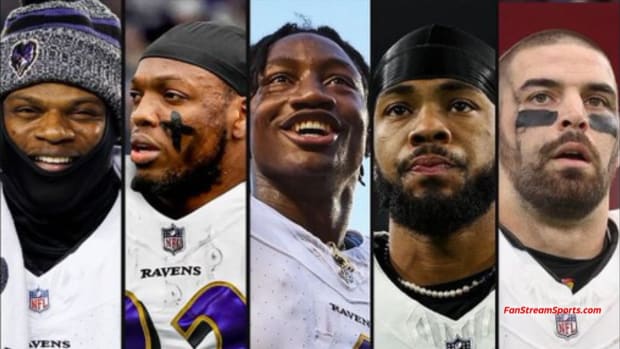Court's ruling validates NFL's legal strategy, puts players in tough spot
As expected, a three-judge panel on the U.S. Court of Appeals for the Eighth Circuit ruled in favor of the NFL in its lockout litigation with NFL players (Tom Brady et al. v. NFL). The 2-1 decision, which holds that the lockout cannot be enjoined, realistically means the NFL can continue the lockout into 2012, which is likely the earliest date a full trial on the lockout's merits could be heard. As a result, NFL players, who have made progress in recent weeks with the NFL on a new collective bargaining agreement, may be forced to make major concessions in order to play a 2011 season.
For the NFL and its attorneys, today's ruling is a major victory and a validation of their legal strategy. The NFL successfully argued that the Norris-LaGuardia Act, a federal labor law that substantially prevents federal courts from issuing injunctions while labor and management are at impasse, applies. Thus U.S. District Judge Susan Nelson was wrong in late April when she ordered the lockout be enjoined.
Judges Steven Colloton and William Benton rejected the NFL players' argument that because the NFLPA had disclaimed its interest representing NFL players in March, the dispute was no longer subject to the Act. The two judges bluntly opined that the Act does "not require the present existence of a union" and that it can apply to disputes arising between employers and employees. Put another way, the NFLPA strategy of disclaiming its representation of players and seeking decertification did not have the legal effect the players thought it would.
Even if previous comments by Judges Colloton and Benton made it predictable, today's ruling is a major setback for the players. While the decertification strategy could ultimately lead to a favorable antitrust trial, the normal timing of antitrust litigation, which often takes years, works against the players for 2011. Along those lines, winning a trial in 2012 or 2013 probably wouldn't mean much to players if they hadn't been paid for a year or two. That would seem particularly true of players who lose skills as they age. Plus, the win would be subject to appeal to the same Eighth Circuit Court of Appeals that today ruled in favor of the NFL.
The players still have two Hail Mary pass legal options to challenge Friday's ruling, as I explained more fully in a previous column. First they could seek an "en banc" rehearing of the case before all 11 active judges on the Eighth Circuit Court of Appeals. Six of the 11 Eighth Circuit judges would have to endorse a rehearing, which is usually only granted in extraordinary circumstances (such as a conflict of law with another federal circuit).
Do not expect a granting of a rehearing. For one, there do not appear to be any extraordinary circumstances. Also, nine of the 11 judges were, like Judges Collton and Benton, nominated by Republican presidents and they are thought to embrace similar views. Judge Kermit Bye, who dissented in today's opinion, is one of only two judges on the Eighth Circuit Court of Appeals who was nominated by a Democratic president.
The second legal option would be to seek an interlocutory appeal before the U.S. Supreme Court. The odds of getting heard by the Court, let alone persuading five of the nine justices on it, would be remote. The Court typically does not review an interlocutory order unless it is necessary to resolve a split in authority among the federal circuits or is a novel question of law of great importance. Neither rationale would seem to apply here.
All is not lost for the players. Judge David Doty's decision that the league cannot rely on $4 billion in network television revenues in the event of a lost 2011 season remains a bargaining card. On the other hand, the NFL is set to appeal Judge Doty's decision to the same Eighth Circuit Court of Appeals once Doty announces fines and damages. The players' TV revenue victory, in other words, may prove short lived.
The NFL is not the only victor today. The NBA now has a firm decision by a U.S. Court of Appeals that a lockout is legal even if players try to decertify. While the NBA and players may wind up litigating their labor dispute in a jurisdiction more favorable to players' interests -- and if so, the Eighth Circuit's decision would not be binding precedent -- the Eighth Circuit's decision would still be on point and influential.
Today's ruling is clear: the path to resolving the NFL labor crisis will not emerge through a court decision. Instead, it will take the NFL and players continuing to talk and make progress toward a deal. But in part because of today's ruling, it is a deal that the players may not like.
































